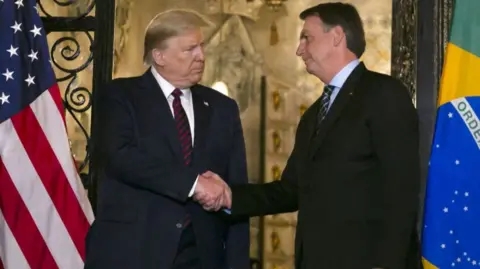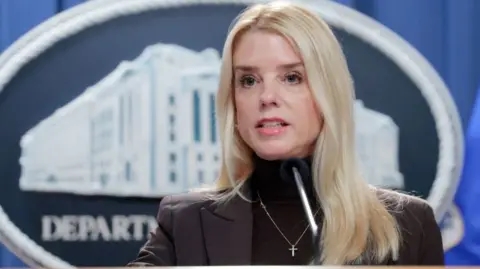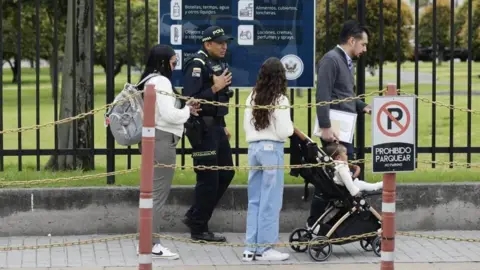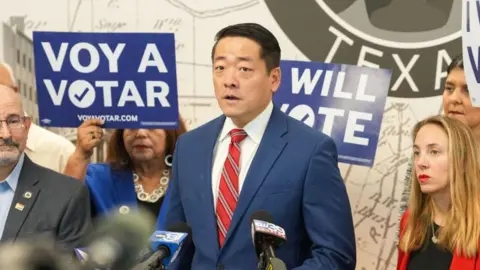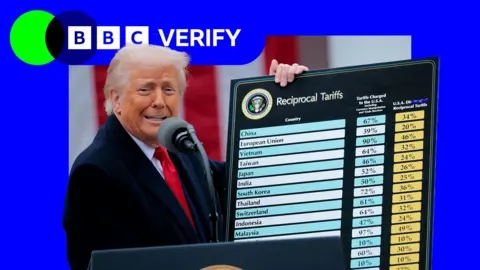The U.S. has dramatically escalated trade tensions with Brazil, raising tariffs on Brazilian imports from 10% to 50%—a move widely seen as retaliation for the legal troubles facing former Brazilian President Jair Bolsonaro, a close ally of Donald Trump.
The decision, set to take effect in October, marks one of the steepest tariff hikes imposed by the U.S. and threatens to disrupt trade between the two nations. While framed as an economic measure, the policy appears deeply rooted in politics, as Trump has openly criticized Brazil’s judiciary for prosecuting Bolsonaro over alleged election interference and a failed coup attempt in 2022.
A Trade Dispute or Political Leverage?
Despite Trump’s claims of a U.S. trade deficit with Brazil, official data shows the opposite—the U.S. actually enjoys a trade surplus with the South American nation. This discrepancy suggests the tariffs are less about balancing trade and more about pressuring Brazil’s government to drop charges against Bolsonaro, who denies wrongdoing and has called the case a “witch hunt.”
The White House has accused Brazil of violating free speech rights—a likely reference to Supreme Court Justice Alexandre de Moraes, who has ordered social media platforms to suspend accounts linked to Bolsonaro for spreading disinformation. Moraes, a polarizing figure, has been both praised as a defender of democracy and criticized as authoritarian, particularly after temporarily banning Elon Musk’s X platform in Brazil earlier this year.
Economic Fallout Looms
Brazil is a major supplier of beef, coffee, steel, and orange juice to the U.S., and the new tariffs could drive up costs for American consumers while squeezing Brazilian exporters. Industry groups warn that finding alternative markets quickly will be difficult, especially for coffee, where the U.S. is Brazil’s largest buyer.
Brazilian President Luiz Inácio Lula da Silva has dismissed the tariffs as foreign interference, vowing to protect domestic industries. Meanwhile, Bolsonaro’s supporters—including many in Brazil’s agricultural sector—could suffer financial losses, potentially weakening his political standing ahead of next year’s elections, from which he is currently barred.
What’s Next?
With neither side showing signs of backing down, the standoff risks spiraling into a full-blown trade war. Brazil may impose retaliatory measures, though negotiations remain a possibility. For now, the dispute underscores how geopolitical tensions can reshape trade policies—with economic consequences for both nations.
As the October deadline approaches, businesses and consumers brace for higher prices, while political leaders on both sides dig in for a prolonged confrontation.
